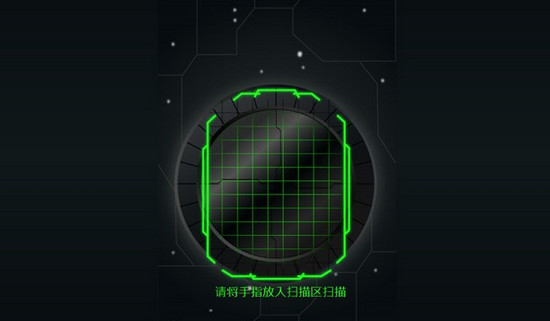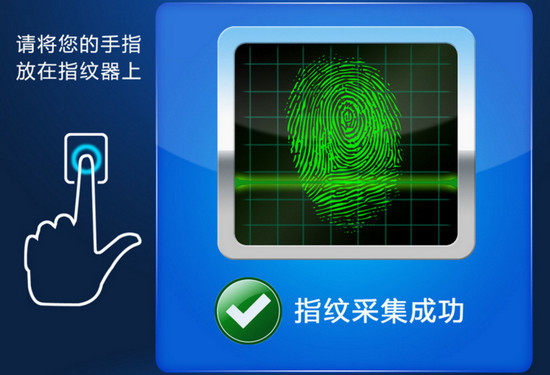Scratch-type fingerprint recognition principle describes the principle of the scratch-type fingerprint sensor
What is the principle of scratch-type fingerprint recognition? What is the working principle of a scratch fingerprint sensor? Fingerprint lock is currently the most popular form of intelligent lock. The core part is the fingerprint sensor. It is used to identify the user's fingerprint to match and control the switch of the door lock. The scratch-type fingerprint recognition technology has practical applications in many door locks. So, how is this technical principle of scratch-type fingerprint recognition achieved? The core of scratch-type fingerprint recognition technology is a scratch-type fingerprint sensor, and the matching process is performed through comparative analysis. First, the fingerprint sensor collects the user's fingerprint and stores it. The user moves the fingerprint vertically up and down, collects the fingerprint image, and stitches and stitches, stores the user's fingerprint information and numbers it. After successfully storing the user's fingerprint information, fingerprint identification and matching are needed if fingerprint identification unlocking steps are required. Fingers are affixed to the surface of the fingerprint sensor, and the fingerprinted finger is moved upwards and downwards. The fingerprint sensor scans the user's fingerprint image to obtain the complete fingerprint image information, and the analysis is performed in the stored image database. If the match is complete, the recognition is successful and the mechanical structure of the door lock is controlled. If the lock is unlocked, the recognition fails and the lock cannot be unlocked successfully. Scratch-type fingerprint recognition is basically similar to other fingerprint recognition processes. The difference lies in the difference in operation. The key to scratch-type is that the finger needs to move vertically, and it is necessary to pay attention to the angle of attachment. The fingerprint sensor of the scratch type needs to scan the finger from the top to the bottom during the use process to recognize the fingerprint, and the principle of fingerprint imaging is used to analyze and match. Regardless of the type of scratch or pressing, the process of unlocking is achieved through the comparison of fingerprint databases. The difference lies in the fingerprint sensor imaging method. There is a difference between optical fingerprinting and semiconductor identification. The two imaging methods are not the same. The optical fingerprint sensor recognizes the user's fingerprint through light reflection imaging. The light shines on the surface of the fingerprint. The image information fed back by the finger texture is scanned and imaged, and then compared. The capacitive fingerprint module uses the silicon wafer and the conductive subcutaneous electrolyte to form an electric field. The fluctuation of the fingerprint can cause different changes in the pressure difference between the two. Therefore, a more accurate fingerprint image can be achieved. At present, the scratch type fingerprint recognition generally uses a capacitive fingerprint module and is widely used in fields such as notebooks, mobile phones, and fingerprint locks. The above is the principle of the scratch-type fingerprint recognition technology published by the smart lock China Network Xiaobian. For more fingerprint lock knowledge, please pay attention to this column article! Diversion Tube,Graphite Tube,Diversion Plate,Graphite Diversion Tube Henan Carbons New Material Technology Co., Ltd. , https://www.hncarbons.com
